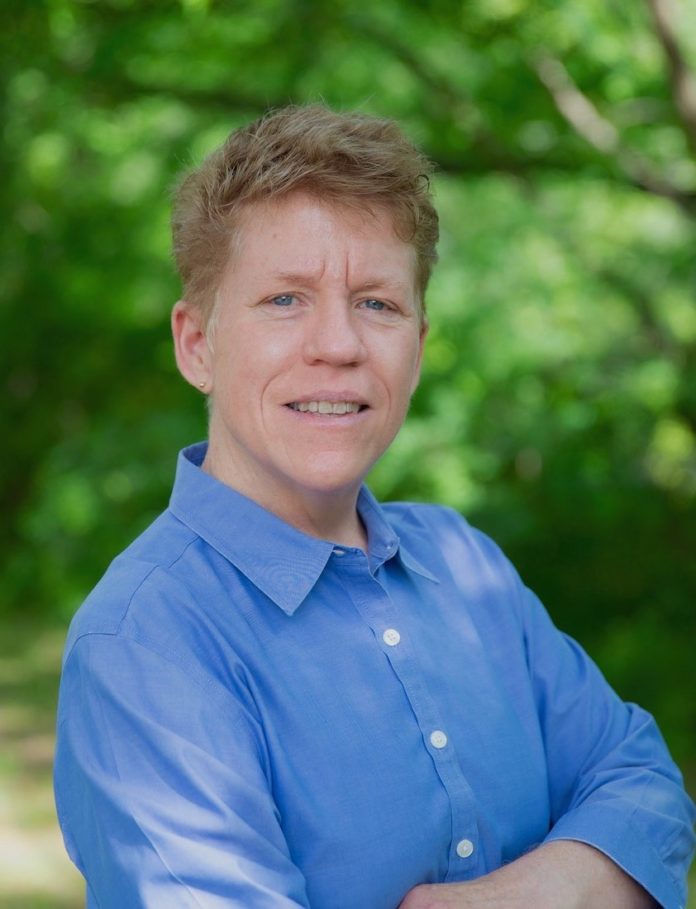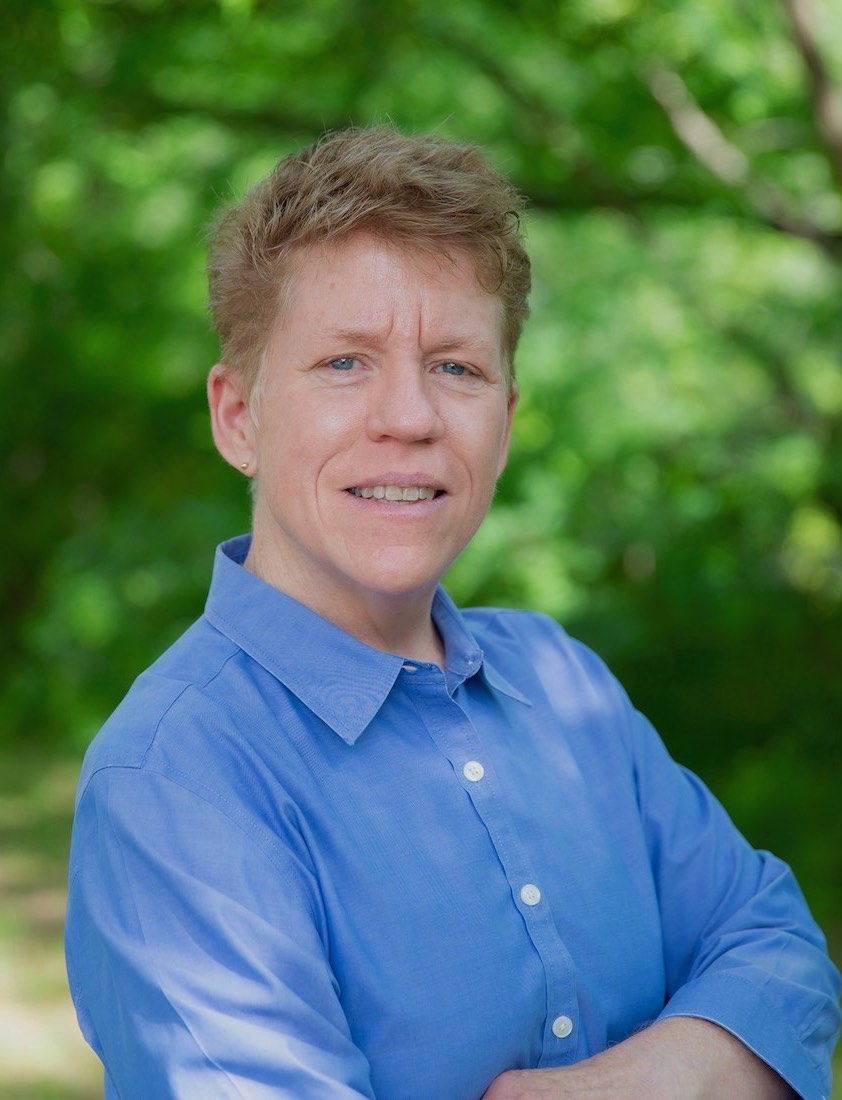Kristen Renn is a professor of higher, adult and lifelong education and serves as associate dean of undergraduate studies for student success research at Michigan State University. In 2021, Renn assumed the role of the Mildred B. Erickson Distinguished Chair in higher, adult and lifelong education. Her research centers on college student learning, development and success in higher education, with current projects focusing on low-income, first-generation students and lesbian, gay, bisexual and transgender college students.
You’re among a handful of senior faculty in the country who began studying LGBTQIA+ students in higher education settings. How has your research changed over the years?
When I was a dean in the office of student life at Brown University in the early 1990s, I worked professionally on what we then called “gay and lesbian concerns.” I earned my doctorate in higher education 10 years later. In 2000, there wasn’t a lot of research about LGBTQIA+ student development. The research available focused more on others’ attitudes toward gay and lesbian students. When I became a faculty member, I started delving into what kinds of environments help these students explore and express their identities. LGBTQIA+ students have very similar experiences to cis hetero students as far as going to class, talking to parents, breaking up with a boyfriend or girlfriend. But they also deal with a whole lot of microaggressions. Research has shifted to microinteractions and building connections for overall well-being.
Starting in 2013, my colleagues and I began a study about LGBTQIA+ students and their success and what they thought success meant. We conducted a national survey and qualitative study, then began a four-year longitudinal project. We gathered data three or four times a year for four years and gained lots of insights into LGBTQIA+ student success, health and well-being.
The pandemic took a huge toll on students in general. What insights can you share about how LGBTQIA+ college students fared?
There is so much evidence in multiple measures that LGBTQIA+ students were more adversely affected by the pandemic in areas like mental health, food and housing security. Transgender students were less likely to have a safe place to live and were less likely to have access to healthy food. And lesbian, gay and bisexual students were more likely to experience adverse conditions than heterosexual students during that time.
A lot of LGBTQIA+ students come to a campus like Michigan State and can have some independence from their family and find a sense of belonging, find friends and experiment with different ways of expressing their identity. Then during the pandemic, they may have been back in their childhood bedroom and could no longer go to the weekly LGBTQIA+ residence hall gathering. They may have lost access to some resources here, like psychological counseling. Everything had to be done over Zoom and everyone did what they could to still provide those services. But, that lack of privacy at home might have meant these students didn’t have access to the same kinds of services.
A transgender student at Michigan State who maybe was expressing themselves in a different gender than they did at home but hadn’t gone through a process of talking about that with family, was suddenly back at home, most likely being called by a name they were called as a child by family members making assumptions about their gender. They were dealing with these microassaults on their gender identity, plus they didn’t have access to all the resources they would have had if they had been physically on campus.
What needs to change in higher education to better support this population of students?
Some of it absolutely has to do with the academic experience. This includes access to curriculum and inclusive pedagogies that touch on sexual orientation and gender identity issues, and some of it is having instructors who share those identities and can be role models for students. Having instructors use the correct pronouns for transgender students is so important. There’s a lot of research, from me and others, that shows — in a world of microaggressions where you are consistently being misgendered or hearing homophobic comments — when you have these pockets of microaffirmations, they become really important to well-being.
Peers and peer socialization have been shown to be critical factors for well-being, and finding communities where LGBTQIA+ students can be themselves is really important. For some students, that’s not necessarily in LGBTQIA+ communities. For example if they’re a student of color and they join a group that’s mostly white students, they might experience racism and not feel comfortable expressing themselves. Finding locations on campus where they can be their whole, authentic self is vital for students.









